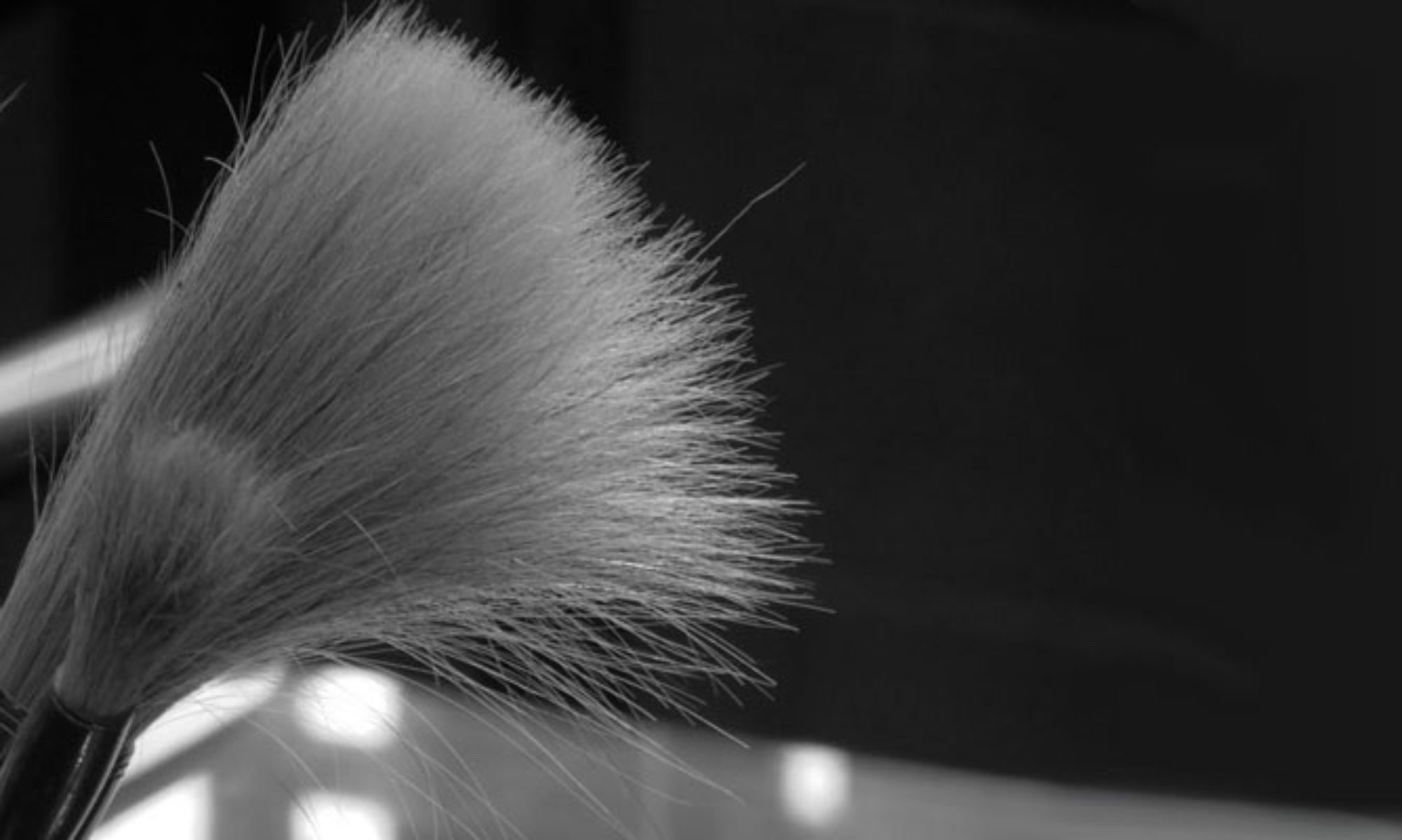Musings and Queries
This page provides an overview of Gregory Bateson’s idea of “Finding the Limits of the Possible.” For the sake of expediency, I am presenting these ideas in more of a Batesonian approach. (Gregory Bateson never provided complete explanations, which often made his talks and writings difficult to grasp. This was intentional on his part. He felt that for someone to truly understand a particular idea that person had to make sense of the idea on his or her own.)
Bateson felt that there were three fundamental ways to find the limits of the possible – through:
- Exploration
- Play
- Crime
Gregory Bateson certainly pushed the limits of the possible. However, he also was quite concerned about learning and schooling. “Pushing the limits of the possible” refers to pushing the limits of understanding, invention, and what can be accomplished. I do not think he was particularly interested in a materialistic sense of accomplishment, but rather in a humanitarian sense of development (i.e., in how much we can accomplish in understanding ourselves and our worlds so that humanity does not self-destruct).
MUSINGS:
In a sense, exploration, play, and crime overlap with one another. Play is a way of exploring limits of the possible, of just how far we can go with ideas and actions. At the same time, exploring is a sense of play, whether it involves exploring the behavior of earthworms or exploring outer space. Crime, on the other hand, is quite interesting in that involves exploring or play that it crosses the border of social norms, rules, and/or morals. In fact, children’s play and exploration (which may occasionally be seen as mischief) often meets with a kind of localized criminal consequence, such as punishment or admonishment. In reading Richard Feynman’s book of stories about his life (Surely, you’re joking Mr. Feynman! Adventures of a curious character), it has struck me how often children get into trouble for pursuing their curiosity (as play or exploration); and how that curiosity is so often squashed through the socialization of schooling.
Curiosity seems to be one of the characteristics of that lead to pushing the limits of the possible through play and exploration. Yet, once children enter school curiosity seems to be systematically under-valued, if not impeded. At the same time, curiosity, which all young children have, is the basis for “real learning.” By “real learning,” I am suggesting the inherent desire to make sense of the world and to push the limits of the possible. Such learning is intrinsically rewarding and is an inherent desire for further learning. However, much of school learning tends to be a mechanical process, devoid of curiosity. Children do the required exercises and activities, turn them into the teacher, then receive evaluations. Exploring beyond what is required in the curriculum or by the teacher is not generally possible.
When students ask me if their work is what I want or what it will take to get an ‘A,’ I feel like I’ve been stabbed in the heart – not so much for or by them, but for the future of our children and all of humanity. Their desires are based on getting rewarded with a grade and not based on curiosity or a genuine desire to learn. It isn’t their fault, but the fault of a system that repeatedly dismisses curiosity or inquisitiveness (which is the basis of inquiry) and deep, meaningful, and relevant learning.
QUERIES:
- Think back through your life in school. What do you recall about how teachers or other adults encouraged or discouraged your curiosity? How did these experiences affect the way you viewed school and learning?
- Do you feel curious or inquisitive about anything now? How do you react to these experiences? Do you feel that you can’t really pursue your curiosity, or do you pursue your curiosity? What has made a difference in the way you react?
- What do you see as the short- and long-term benefits of realigning education as a pursuit for the limits of the possible?
- How can an education system that values curiosity, deep learning and thinking, and pushing the limits of the possible be a threat to the political status quo?
- How can we change schooling to promote curiosity and the pursuit of the limits of the possible? It may take more than changes in teachers, since they are subject to immense pressures from higher authorities. It will be necessary to involve parents, who can place pressure on politicians, principals, district administrators, and school boards.
